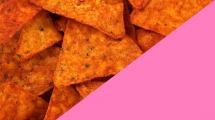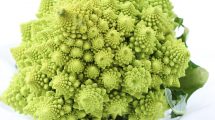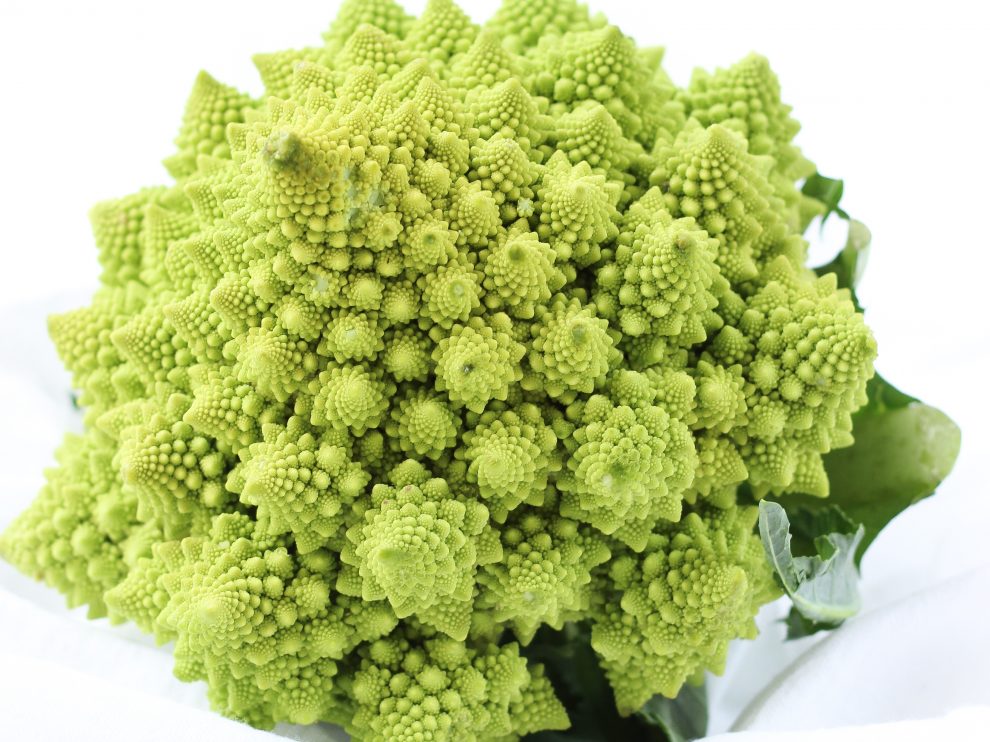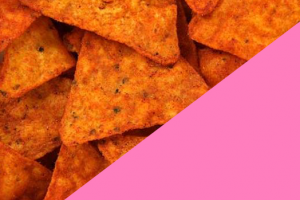There’s No Such Thing as Superfoods
We’ll get to the point. There is no such thing as superfoods. There are such things as food marketers, and they are very busy folks!
How have we all survived so long without blue spirilina and acai berries as mainstays of our diets? What happens if you go a week without sweet potatoes? Have you stopped eating kale and lost your ability to form sentences? Did lack of fresh blueberries cost you your promotion? That’s ridiculous, but so are many food claims about so-called “SUPERFOODS.”
The human body is an amazing, truly incredible machine capable of self repair at the cellular level. We require fat, carbohydrates, and protein (macronutrients) as well as many vitamins, minerals and other micronutrients (many likely still to be identified).
However the amount of these and frequency of intake is generally overblown. We can store micronutrients for days and weeks and some we can have very low levels of for years before we are affected negatively. Is that advice? No. But it is a reality check.
When we go after so called “superfoods” what is it we really seek? Health? A quick fix to bad eating? A pill in fruit form? For as long as we can go without optimal minerals and vitamins if necessary, it also takes a little bit of time to absorb them. Supplementing nutrients is not an instant fix unless we are chronically ill with actual disease – think scurvy, pernicious anemia, or rickets.
So What Is It About Superfoods?
Well, that’s not so hard to understand. Who didn’t want to have superpowers growing up – to be fantastic, instantly? The truth about food is both more boring and far more fantastic. We can survive and thrive on a wide variety of foods. In fact, the axiom, “variety is the spice of life” is aptly applied here. Variety of produce, fruits and vegetables, nuts, seeds, whole grains, small amounts of meats, fish, eggs, and dairy provide everything we need with incredibly few exceptions. And if you are vegetarian, gluten-free, or vegan, you should and likely already know how to make appropriate substitutions. Even more incredibly, wherever humans have thrived, there are regional foods and produce that provide nutritional benefit.
And yet, we love to limit foods, to do fad diets, to deprive ourselves, to fast, to cleanse, especially at this time of year. Yet, to treat our bodies gently, post holiday overindulgence – all we need to do is go back to basics. FYI, I’m writing this while sipping eggnog with pumpkin pie spice, rum and Irish whiskey, natch!
- Instead of chasing miracles, fasting, or “cleansing” if you really want to be kind to your body, track your nutrients which come from a plethora of foods rather than limiting yourself to a small amount that cannot provide the same benefit.
- Cut down on salt and drink plenty of water.
- Cut way back on all forms of sugar, it has no nutritional benefit and increases inflammation as well as having negative effects on depression, sleep and increases risks for adult onset diabetes (Type II) and obesity.
- However, increase fruit intake. the fiber, phytonutrients and vitamins are very beneficial and the fiber and high water content slow the absorption of the fruit’s sugar.
Our Favorite Resource For Nutritional Information
Worlds Healthiest Foods. This no-nonsense site is based on research from studies published in the New England Journal of Medicine, Harvard Medical School and others published in the National Institute of Health, which generally means very few fads survive. Use it to look up the highest natural resources of magnesium and what it does for the body. What are the symptoms of B12 deficiency and what are the best sources – find a great deal of similar information on their site.
Track Nutrients and Vitamins, Not Carbs and Calories
Use a diet tracker, not to limit calories or fat or carbs, but to count up your bank of nutrients. Did you get enough calcium today? Maybe add some broccoli to dinner. Haven’t been hitting the recommended amount of Vitamin A – there’s a huge choice of yellowy-orange vegetables, a sign of beta-carotene, from which to choose.
When you start to think about food as fuel and beneficial to health, a funny thing happens. You lose weight. Why? You cannot possibly get in all the nutrients and vitamins you need if you’re eating garbage all day. Give it try, it definitely won’t hurt and you may just feel, well…super!
Some great and FREE tools:
The following are terrific versions of food trackers and come with great content and communities. Once you sign up (again these are always free, not a promotion or trial) find the food tracker and adjust it to include vitamin and nutrient information. Instructions are available in “Help” for both sites.


















